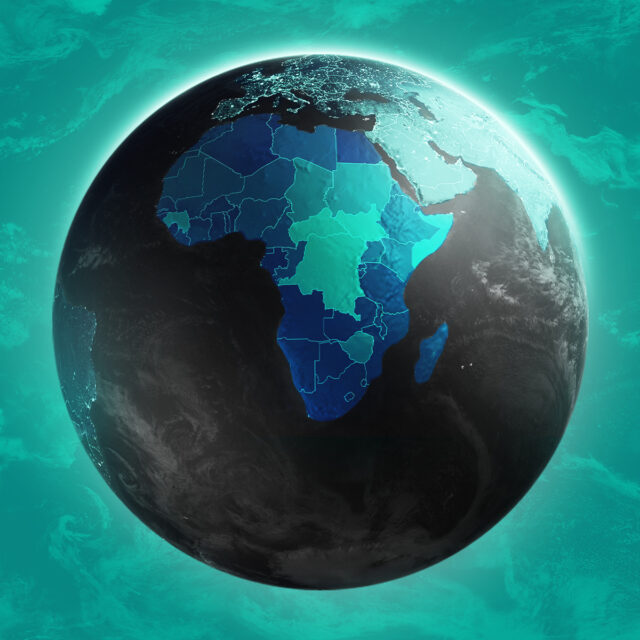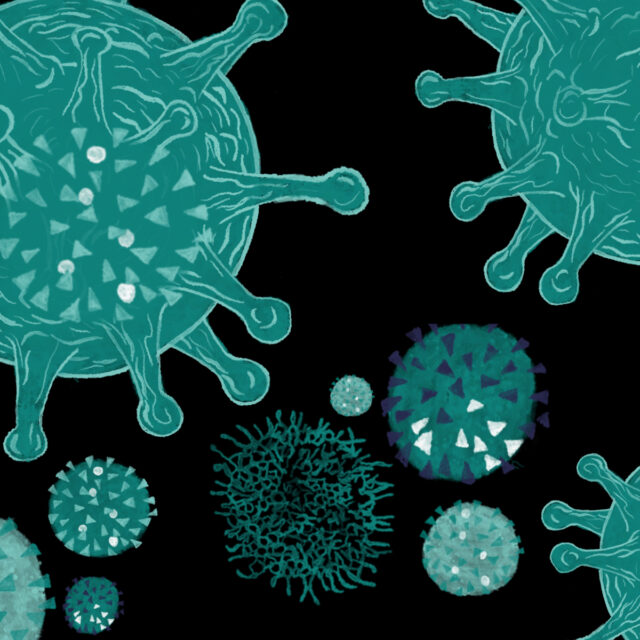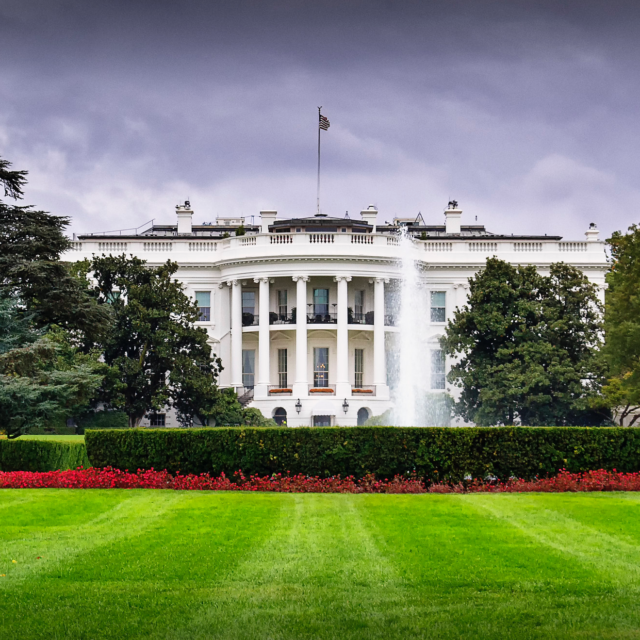If you’ve watched the news lately, you might have heard the term “fragile state.” When a crisis hits a fragile state, the effects can be devastating, and often contribute to the cycle of extreme poverty. In order to end extreme poverty [by 2030], the world must do better about reaching the extreme poor who live in fragile states. This is a big challenge, but not an insurmountable one.
There are currently more than 735 million people living in extreme poverty. Almost two-thirds (over 514 million) of these people are concentrated in fragile and conflict-affected states, particularly in sub-Saharan Africa. In fact, 35 of the world’s current fragile states are in sub-Saharan Africa. Experts predict that by 2030, more than 80% of people living in extreme poverty will be in fragile states.
So what exactly is fragility and how can it affect countries? A country or region is generally classified as fragile when it is vulnerable to shocks – violent conflict, natural disasters or economic crises – and lacks the capacity to cope with them. Citizens of a fragile state have to deal with a lot of instability, and they are exposed to higher risks when the unexpected happens.
Countries can be fragile for a number of different reasons. Some governments do not have the capacity to create a resilient environments . In some cases they lack the resources, in others corrupt leaders are more concerned with consolidating power and wealth for themselves than using state resources to provide basic services. Other factors such as natural disasters, regional instability, ethnic conflicts or violence can also make a country fragile.
Regardless of what causes fragility, when things go wrong, the citizens are hardest hit.
If you keep up with current events, you’re probably familiar with the Ebola crisis in the Democratic Republic of Congo (DRC).
In the DRC, decades of exploitation and ethnic rivalries have led to protracted and violent conflicts over political power and natural resources. Although the civil war officially ended in 2003, violence is still widespread, particularly in the eastern part of the country. These conflicts have been at the expense of citizens’ basic needs.
When an Ebola outbreak began last August in the DRC, medical professionals, aid workers, and government officials were unable to reach communities because of poor infrastructure, weak health systems, and conflict. To make things worse, while medical workers struggled to reach those affected, communities struggled to trust those workers because often their experiences lead them to distrust the government and other officials. The result is an ongoing health crisis that has led to over 900 infections, and over 560 deaths.
People living in fragile states, like the DRC, face even more difficulty escaping extreme poverty.
Displacement, increased likelihood of disease, and food scarcity are just some of the things that can come about from a crisis. That’s why working to end fragility will have immense effects on combating extreme poverty, and prevent bad situations from becoming catastrophic.



